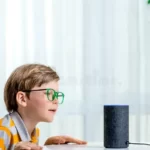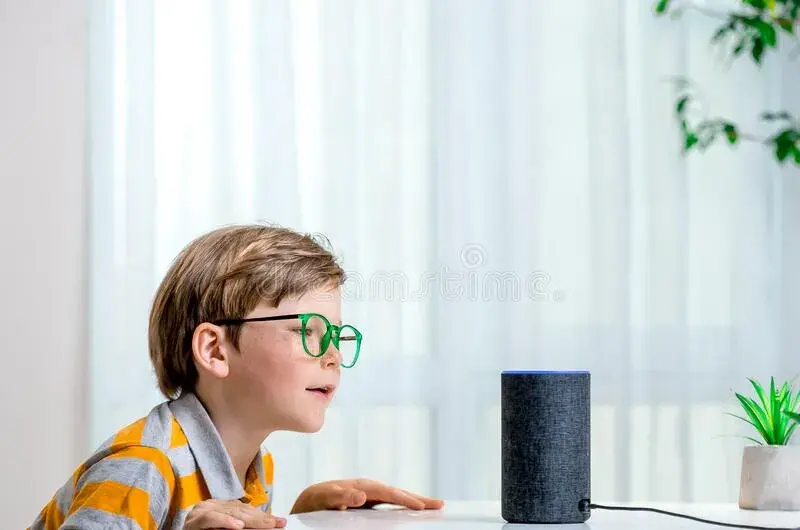ArdorComm Media Bureau
September 29, 2022
The social and emotional development of children may be hampered by voice-controlled smart gadgets like Alexa, Siri, and Google Home, says an expert in the use of artificial intelligence and machine learning in healthcare. The Archives of Disease in Childhood released the study’s findings online. According to Anmol Arora of the University of Cambridge, these gadgets may have long-term repercussions by limiting children’s capacity for empathy and compassion as well as their ability to think critically.
While voice-control devices may serve as “friends” and help youngsters learn to read and communicate better, their sophisticated artificial intelligence (AI) and “human” sounding voices have raised worries about the long-term consequences on children’s developing brains. The author identifies three main areas of concern. These include inappropriate responses, inhibiting social growth, and hindering learning.
He provides several well-known instances of inappropriate responses, such as a device that advised a 10-year-old to try touching a live plug with a coin. He notes that privacy concerns have also surfaced in relation to the recording of private conversations and that it is difficult to apply strict parental restrictions on such gadgets without drastically impairing their performance. He notes that since there is no requirement for a “please” or “thank you,” and there is no need to take voice into account, these devices are unable to educate children how to behave respectfully. Use of the devices is a poor way to acquire social interaction because it prevents non-verbal communication, according to his writing.
“While in normal human interactions, a child would usually receive constructive feedback if they were to behave inappropriately, this is beyond the scope of a smart device.” The early research on the use of voice assistants as social companions for lonely adults is encouraging. He points out that it’s not quite obvious, though, if this also applies to children. He emphasises that this is crucial at a time when COVID-19 limits may have already hampered children’s social development and they may have been spending more time alone with smart devices at home.
Devices are made to quickly find answers to questions and search for information when it is requested, but the author worries that this may impede the natural ways that kids learn and take in knowledge. He claims that this process cannot be replicated by these devices because when children ask an adult a question, the adult can ask for context information, explain the boundaries of their knowledge, and test the child’s logic.
He says that conducting research is a crucial learning experience that fosters logical reasoning and critical thinking. The population has benefited greatly from the rise of voice devices. The author recognises the significance and value of their capacities to quickly give information, help with daily tasks, and provide social companionship to lonely individuals. But he argues that “urgent research is required into the long-term consequences for children interacting with such devices.” In his conclusion, he states that “Interacting with the devices at a crucial stage in social and emotional development might have long-term consequences on empathy, compassion, and critical thinking.”
Source: ANI


